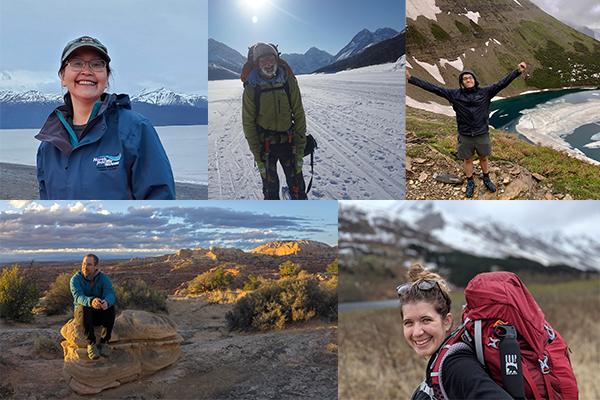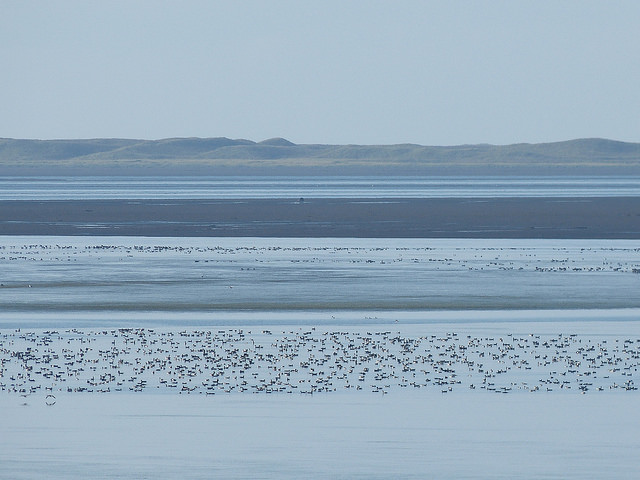
Alaska News Brief June 2020: Endless pressure, endlessly applied
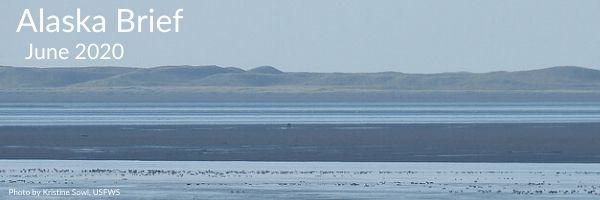
On Valerie Brown’s last day as legal director for Trustees, we gathered in a local Anchorage park to celebrate her retirement and acknowledge how much she did for Trustees and our clients. I can unequivocally say that we are all better attorneys because of her.
I came to Trustees as a staff attorney in 2007 and recall how excited we all were when Valerie decided to return to Trustees in 2011. For the last nine years, I have had the incredible fortune to work with her and learn how to become a more effective advocate.
And on her last day, true to her course, she left us all with the powerful words of Brock Evans, “endless pressure, endlessly applied.”
I first learned of Brock and his work in 2000, when I was a legal intern at Defenders of Wildlife. Brock was president of the Endangered Species Coalition–an alliance of scientists, non-profits and others dedicated to protecting imperiled species. It seemed only fitting that Valerie would refer back to Brock, someone who inspired me while in law school to become a public-interest environmental attorney.
Endless pressure, endlessly applied.
The idea and implementation can be daunting. In 1998, I was a staffer at the U.S. Senate Committee on Environment and Public Works. Much of my work focused on supporting the committee’s wildlife attorney. One of the issues I recall working on was the push by the Alaska delegation for a road through wilderness in Izembek National Wildlife Refuge.
Just this month, twenty years after I first heard of the proposed road through Izembek, Trustees secured an important legal victory, with the court finding that the Trump administration’s latest effort to build a road in Izembek violates the law.
This is what endless pressure, endlessly applied looks like. Many of the fights we engage in are battles waged on similarly long-protracted timelines.
To engage in such work requires fortitude, resilience, perseverance, and above all hope. I am transitioning into the position of legal director in a time of great uncertainty, where we are facing several enormous societal problems rooted in inequity and injustice. We are in the middle of a global pandemic and have had the curtain pulled back to lay clear the pervasiveness of systemic racism throughout our society.
All the while, the Trump administration continues to ravage the environment at the behest of the wealthy and powerful.
In the month of June, during the middle of the pandemic and while the nation is rightfully focused on the legacy of systemic racism and police brutality, the Trump administration has taken several steps to dismantle long-standing environmental protections. The National Park Service opened Alaska’s national preserves to brutal hunting practices like the shooting of hibernating bears and cubs, and the trapping and killing of wolves and their pups during denning season. EPA restricted states and Tribes from utilizing the Clean Water Act to protect water quality. And just last week, Trump trampled on the National Environmental Policy Act with an Executive Order that would accelerate permitting for major projects, like highways, pipelines, and oil and gas projects, by waiving NEPA.
At a time when we are suffering from a pandemic that disproportionately impacts people of color, Trump is removing the very law that ensures we know the full extent of impacts from such projects. As the Center for American Progress notes, NEPA was enacted in 1970, when highway projects were bulldozing directly through communities, particularly black communities like the Rondo neighborhood of St. Paul, Minnesota. That community had no say in the matter.(1) NEPA is what gives such communities the chance to daylight impacts and injustices.
Advocating for people and the planet
It is perverse that while we struggle to right wrongs and redress 400 years of racism, our President is targeting laws that help protect marginalized communities from being exposed to pollution at a significantly disproportionate rate. We are at a critical juncture, where we must recognize intersectional environmentalism and respond to the need to advocate for both the protection of people and the planet.(2,3,4)
To combat these threats to democracy, social justice, and the environment, we must have hope. For that, I turn to our amazing and talented staff and the court wins like Izembek. I look up to civil rights activists like DeRay McKesson who wrote in “On the Other Side of Freedom: The Case for Hope” that “hope is this belief that our tomorrow can be better than our today. When Martin Luther King, Jr. says that the arc of the moral universe bends toward justice, that’s about faith. But when we say the arc bends because people bend it, that’s about hope.”(5)
I find it in the words of Representative John Lewis, whose life-long work is a testament to the need for constant vigilance. He said, “We must use our time and our space on this little planet that we call Earth to make a lasting contribution, to leave it a little better than we found it, and now that need is greater than ever before.”
In 2017, Defenders of Wildlife awarded Brock Evans with the Spirit of Defenders Legacy Award. At the ceremony, Brock was recognized for building alliances. As we move forward, and as I transition into the legal director position, I hold the mantra of endless pressure, endlessly applied close to heart. And through broader and stronger coalitions and alliances, this moment gives me hope that our tomorrow can be better than our today.
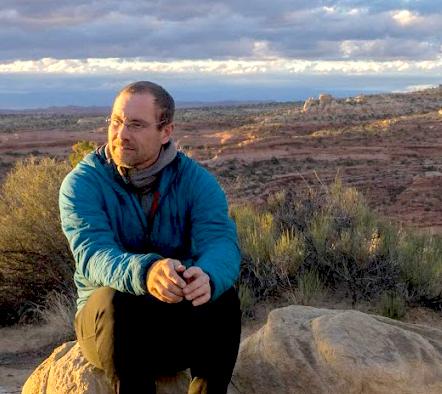
Brian Litmans, legal director
PS. Thanks to supporters like you, we can continue fighting to protect Alaska’s land, water, air, wildlife and people!
Footnotes:
- When Communities Didn’t Have a Say
- Black Environmentalists Talk About Climate and Anti-Racism
- Why Every Environmentalist Should Be Anti-Racist
- Black Americans bear the brunt of Trump’s environmental rollbacks
- Activist DeRay McKesson On Why He’s Making ‘The Case for Hope’
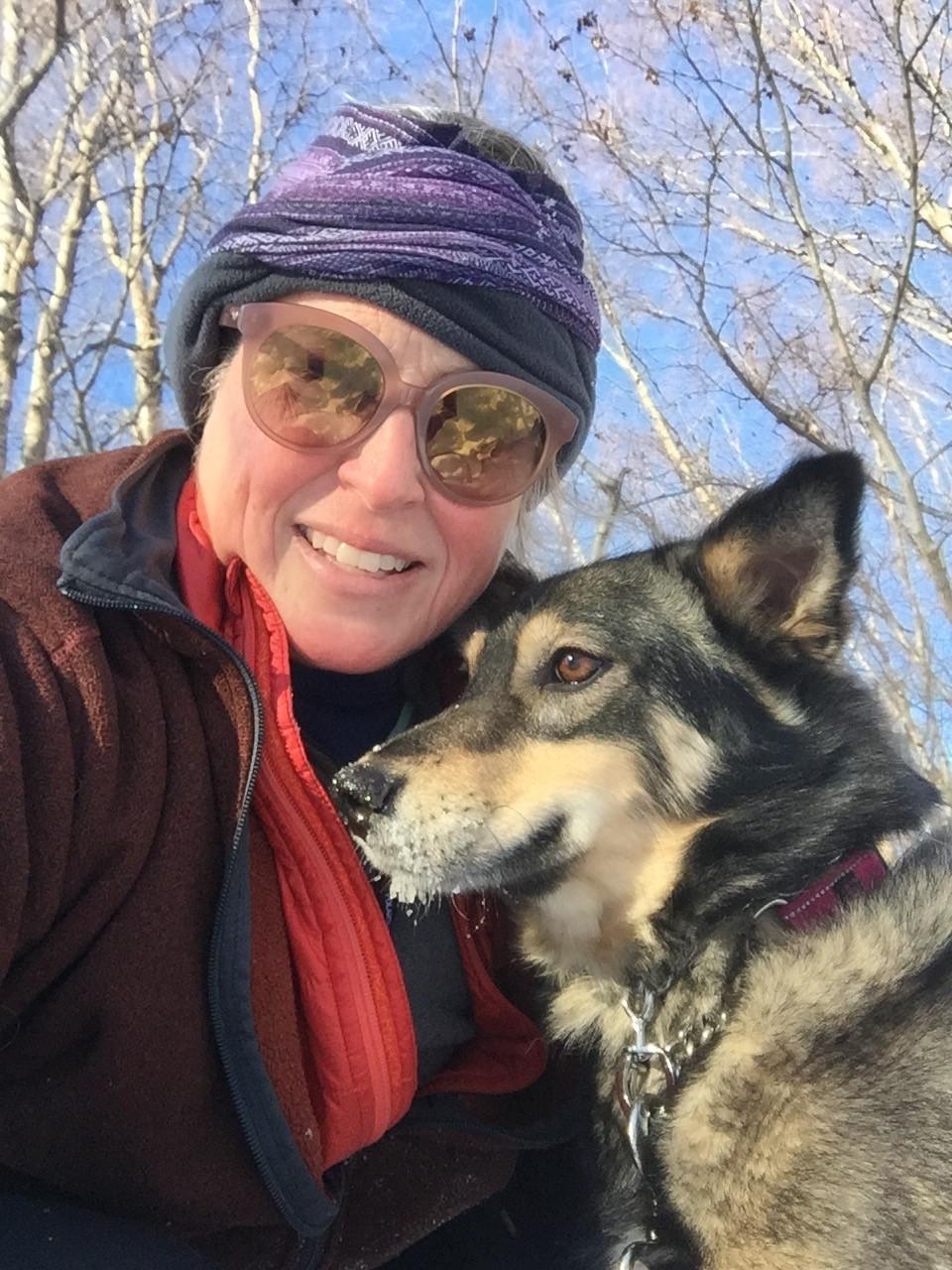
A farewell from Valerie Brown
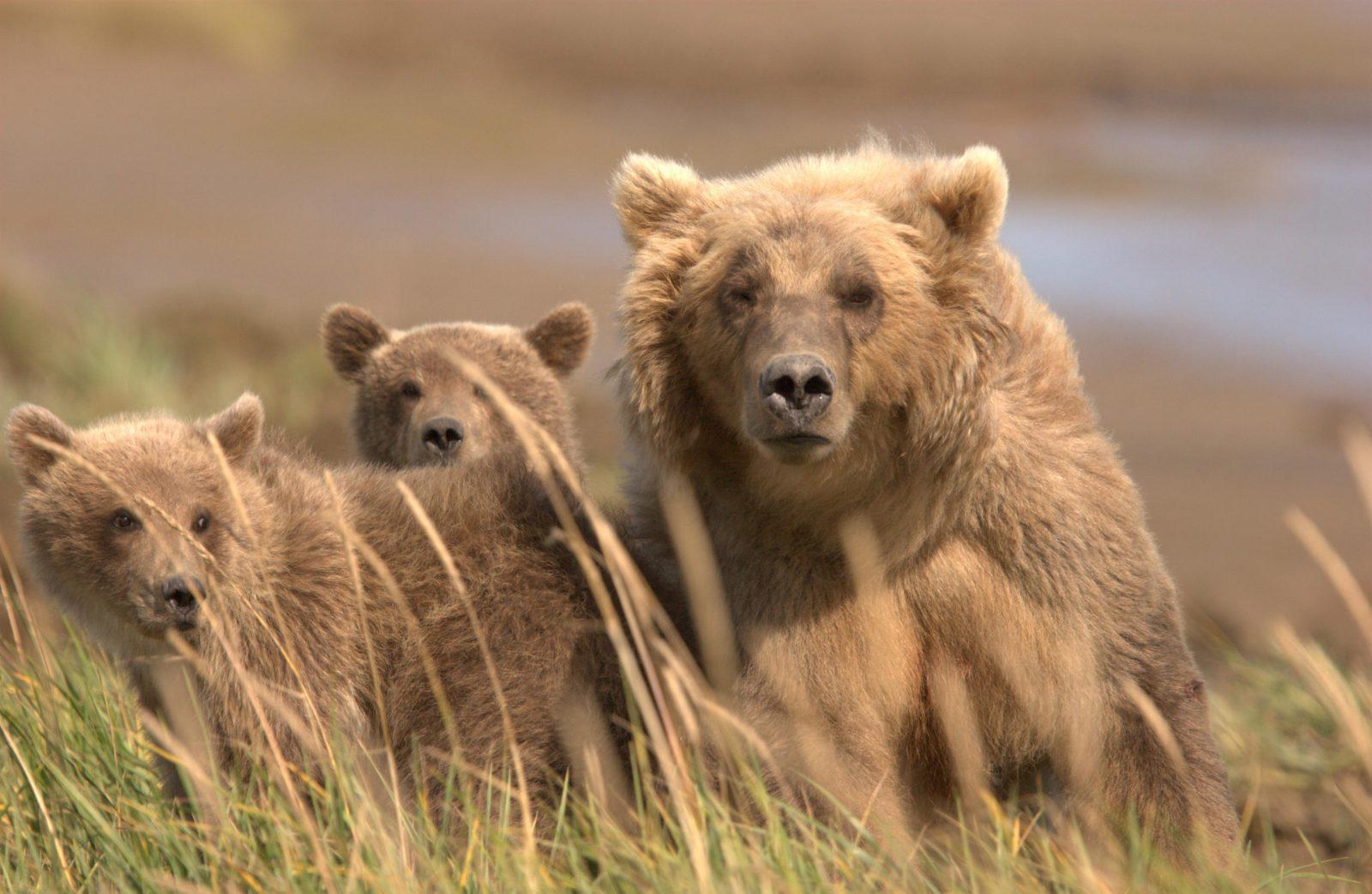
Trump targets wildlife in Alaska
